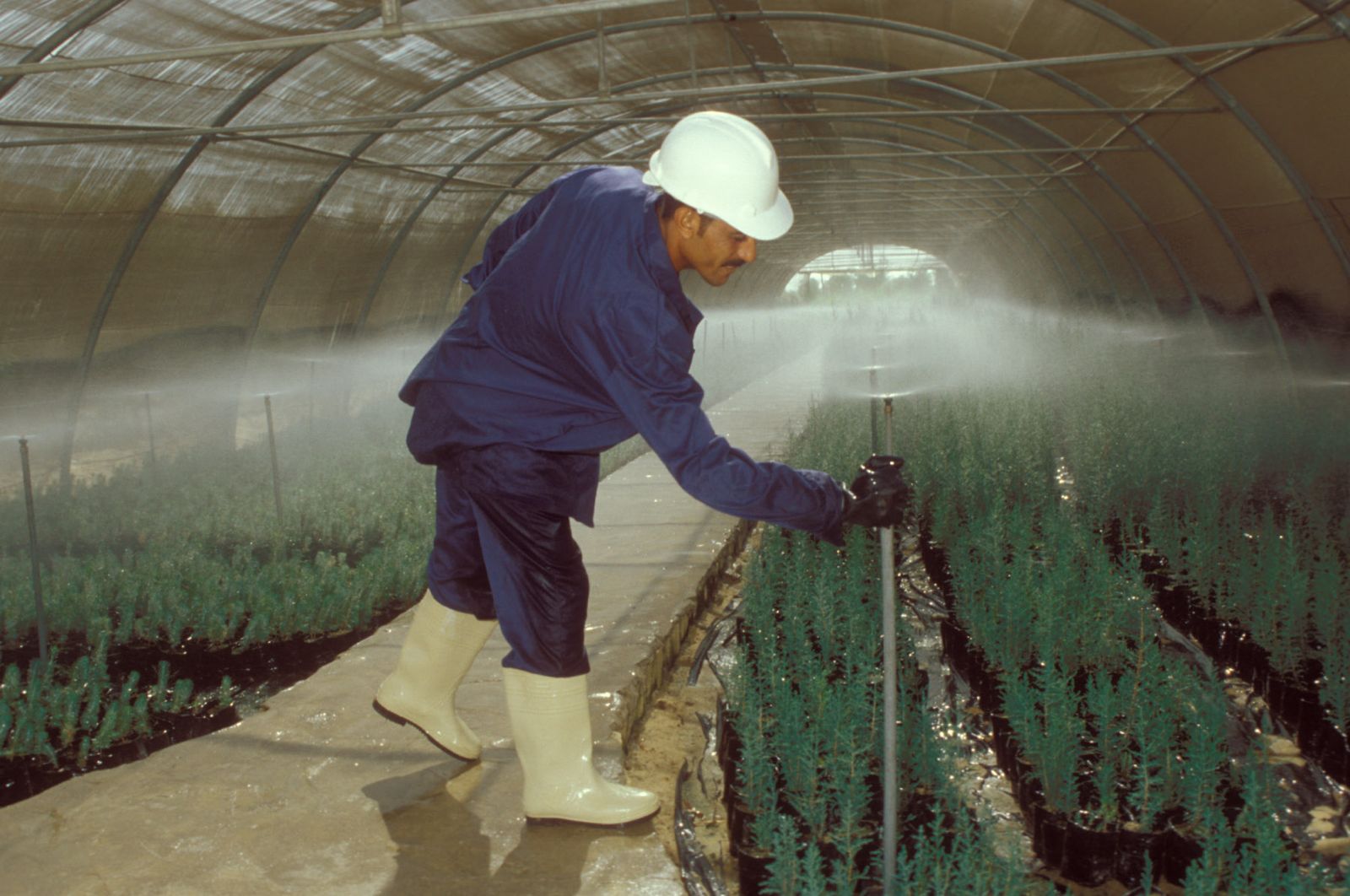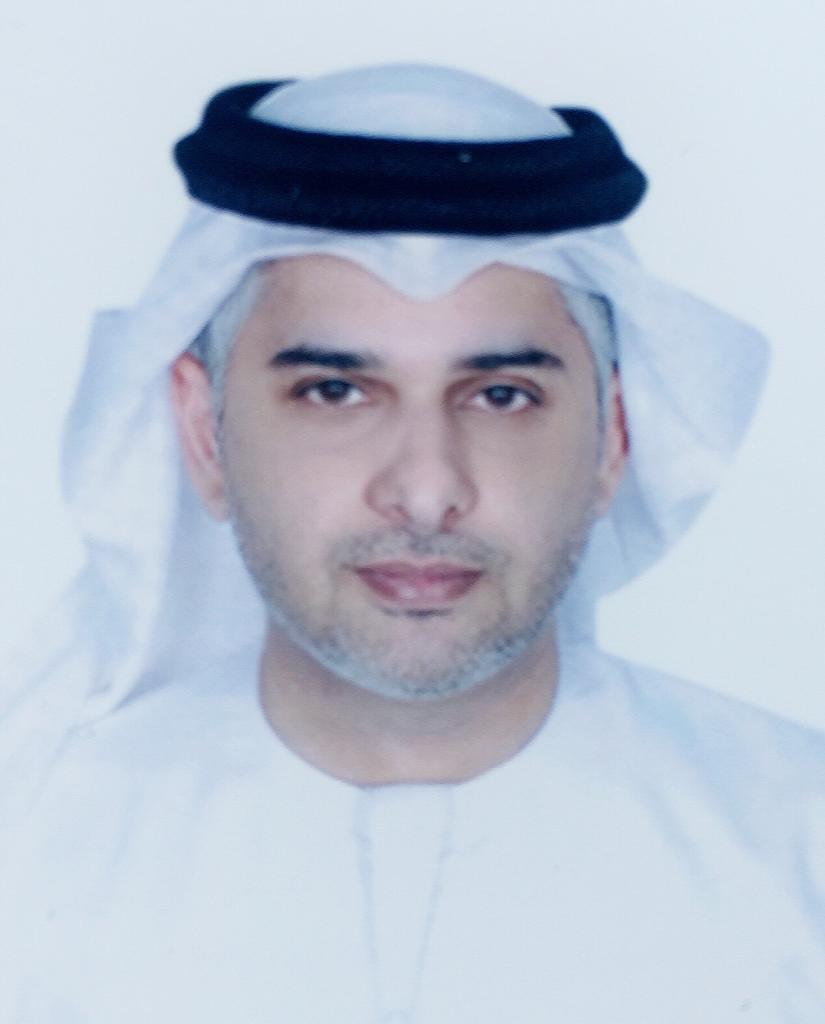Opinions
COP28 in Dubai: Seizing the Opportunity to Achieve Global Food Security and Sustainable, Healthy Nutrition

As we anticipate the United Nations Climate Change Conference (COP28) in Dubai, it is crucial to underscore the significance of this global platform for advancing the sustainable development agenda in the Arab region and worldwide. The conference provides an unparalleled opportunity for policymakers, scientists, and industry leaders to address pressing environmental challenges. One fundamental challenge is crafting a strategy to diversify and strengthen agri-food systems to enhance global food security and promote sustainable, healthy nutrition. This lies at the heart of the Food and Agriculture Organization of the United Nations "Four Better" strategy for 2022-2031. This strategy calls for "accelerating progress toward Sustainable Development Goals by developing more efficient, inclusive, resilient, and sustainable agrifood systems for (1) better production, (2) better nutrition, (3) a better environment, and (4) a better life for all," as articulated by FAO Director-General Qu Dongyu.
FAO offers a range of creative and innovative solutions to achieve these goals, such as its global "Hand in Hand" initiative. Launched in 2019, this initiative focuses on implementing ambitious, nationally led programs to expedite the transformation of agrifood systems, aiming to eradicate poverty (SDG1), eliminate hunger and malnutrition (SDG2), and reduce inequalities (SDG10). Priority is given to countries and regions with high poverty and hunger rates, limited national capacities, or operational challenges arising from natural or man-made crises. Yemen and Sudan are among the countries in the region where the initiative is being implemented.
In September 2021, FAO introduced the "One Country, One Priority Product" (OCOP) program, which assists countries in leveraging their agricultural potential to identify special agricultural products that align with agro-ecological production systems and national or cultural heritage. This approach ensures improved access to stable markets and job creation, serving as a key entry point for achieving identified priorities. FAO aims to expand the reach of these two initiatives and other various programs through major international platforms, such as COP28, with a focus on sustainable local solutions that reduce reliance on food imports. Given its diverse international presence, the conference provides an excellent stage for championing these strategies.
The Gulf Cooperation Council countries, including the host United Arab Emirates, play an active role in this regard. Despite their ability to regularly import food, these nations face challenges such as high rates of obesity and nutrition-related health issues. However, their effective strategies, ranging from harnessing advanced agricultural technologies to promoting healthy diets, align with FAO's call for improved production and nutrition and will be globally relevant at the UN climate change conference.
The UAE, known for its innovative environmental solutions, is in alignment with FAO's vision for a better life. Its substantial investments in agricultural technology, water desalination, and renewable energy point to viable methods for sustainable food production in arid climates. Lessons learned from the UAE could prove invaluable to other regions facing similar environmental challenges.
Adaptation to climate change and sustainable dryland management are crucial and align with FAO's focus on a better environment. Drylands, among the most climate-vulnerable areas, contend with issues like water scarcity, soil degradation, and limited access to markets, which lead to severe food insecurity and malnutrition. COP28 has the potential to galvanize collective global action to strengthen these ecosystems through research, knowledge sharing, and capacity building. FAO's Regional Office in the Near East and North Africa has expanded its network of partners under the Regional Water Scarcity Initiative to include 30 regional and international organizations so far. The insights gained are being utilized to exchange knowledge, policies, and technologies that support innovative and comprehensive reforms in water governance and management, enhancing the efficiency of relevant institutions and improving their accountability at the national level.
Reducing food loss and waste is another pressing issue. According to FAO, roughly one-third of all food produced globally for human consumption is lost or wasted, signifying significant inefficiency and a missed opportunity for improved production and better nutrition.
COP28 provides a unique opportunity to address these issues on a global scale. The conference also offers a chance to bolster international cooperation, spotlight innovative solutions, and advance global commitment to FAO's "Four Betters."
As the world's attention turns to Dubai, we have immense potential to shape the future of global food security and sustainable nutrition, leaving no one behind. The outcomes of this conference could steer countries worldwide toward a more sustainable and food-secure future, assisting FAO in fulfilling its mission of improving production, nutrition, environment, and quality of life through extensive cooperation and partnerships with all stakeholders.

*Mohamed Alhashimi boasts over 22 years of experience in strategic planning, strategic communication, policy development, and research across the United Arab Emirates (UAE) and within multinational organizations operating in the region. He became the first Emirati to be included in the United Nations roster system in 2017, serving as a Regional Officer for Knowledge Management and Communication at the Food and Agriculture Organization (FAO). Prior to his role at the United Nations, Mohamed's career encompassed positions as a television presenter and news editor at various media outlets in the UAE and the broader region. He holds an advanced degree in cultural policy and management from the University of Warwick in the UK, as well as two advanced degrees in communication technology and scientific research. Outside of his professional endeavors, Mohamed indulges in a diverse range of interests, including creative writing, webcasting, podcasting, and a passion for international football.
